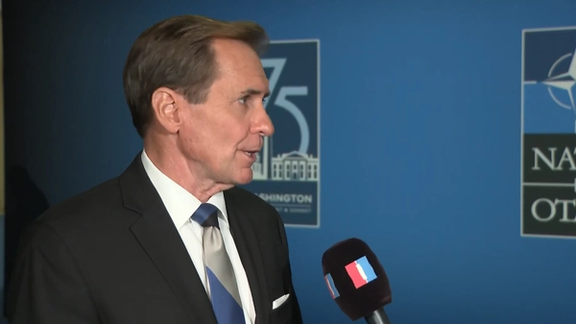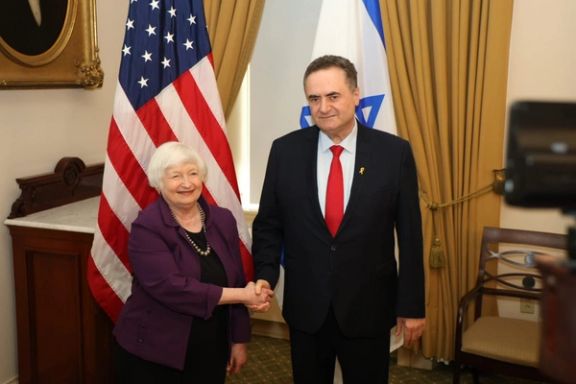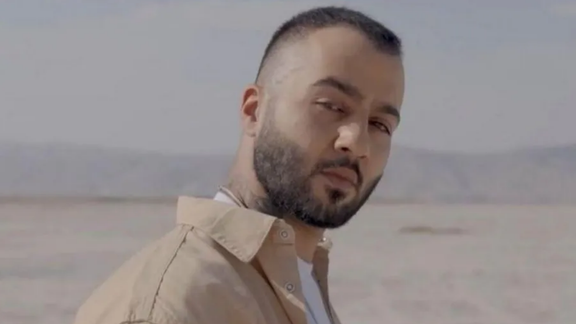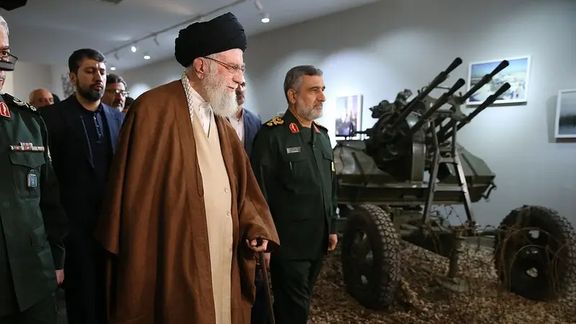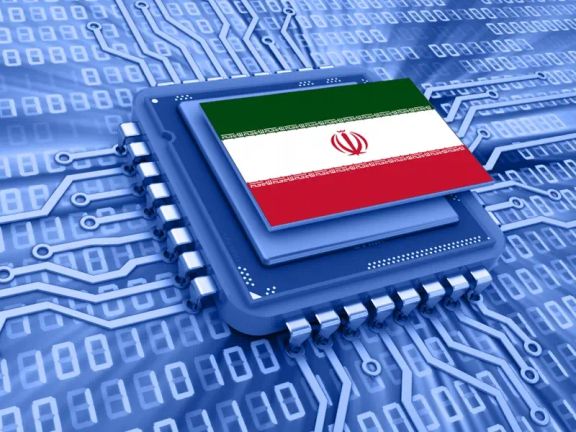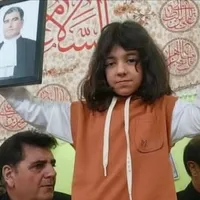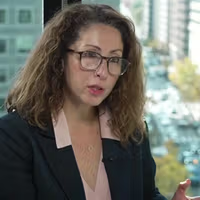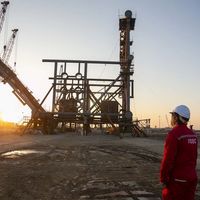Detailed reports from IODA, a platform monitoring global internet access quality, indicate that significant network interruptions began impacting users on Wednesday afternoon.
A tweet from IODA highlighted “two significant network disruptions involving Host Iran and TCI [Telecommunication Company of Iran].”
It comes as the Raisi administration serves its last days in office, sparking suspicion that it is a final push to impose draconian internet crackdowns which characterized the Raisi years.
It sparked fury online. “The minister of internet_shutdown is doing everything he can to finish the job in his final days,” wrote one user.
“Last night, electricity, internet, and even the mobile network were cut off, and they were still down until I went to sleep. The situation is such that it feels like an invisible terrorist group has attacked all the infrastructure. This invisible group is the incompetent management,” wrote another.
Mohammad Jafarpoor, the Deputy Minister of Communications and Information Technology and CEO of the Infrastructure Communications Company acknowledged the issue a few hours after the disruptions began.
He announced that "about 40% of the incoming international internet capacity in neighboring countries had been cut" and stated that "less than half of this drop" had affected the country's communication network.
However, on Wednesday night, the Infrastructure Communications Company in a separate statement said, “there is currently no traffic drop in the network due to international link outages, and the communication status is normal.”
Iran has faced repeated internet disruptions and increased filtering pressures in recent weeks following the sudden death of late President Ebrahim Raisi in a helicopter crash.
During the presidential campaign, internet restrictions stood alongside hijab laws for the contenders as the public demands change. Some of the six candidates criticized the blocking of hundreds of websites and popular social media platforms. However, most proposed developing a national intranet under full state control.
Incoming president, Pezeshkian, the only reformist-backed candidate, even defended the government's "intervention" in internet access, justifying shutdowns during national crises such as the recent protests which led to mass blackouts.
Amid the campaign, he admitted, "When intervention is necessary in a specific crisis, I will intervene".
Standing behind the draconian practice and traditional government line, Pezeshkian claimed that all countries intervene in internet access, a frequently repeated but inaccurate defense by Iranian officials.
Iran is currently ranked 156th out of 181 countries for fixed broadband speeds according to the Speedtest Global Index. The government has escalated its censorship efforts, frequently blocking access to widely used platforms like WhatsApp and Instagram, and deliberately causing service disruptions.
The new president even argued during the campaign that the use of VPNs facilitates access to "obscene" content, not acknowledging that by cutting internet access, millions of Iranians are unable to conduct business amid the country's economic crisis. Millions of small businesses in Iran depend on platforms such as Instagram for e-commerce which internet crackdowns have critically impacted.
A report published by the Podro platform shows that intensified internet disruptions in the two weeks leading up to the snap presidential election resulted in a 40% decrease in traffic for active Instagram stores and a 25% drop in their orders.
However, the government again denied that the internet is in crisis on the back of the Tehran E-Commerce Association's third periodic report which revealed the poor state of the country's digital economy. It emphasized that Iran ranks among underdeveloped countries like Ethiopia and Angola in the international standards of internet quality.
It is a quick fire way for the government to silence dissent. Following the mysterious crash of late President Ebrahim Raisi's helicopter, the government also increased internet access restrictions as celebratory reactions went viral.
This week, the Research Center of the Islamic Consultative Assembly published a report criticizing the country's low internet speed and cited the involvement of various entities in filtering as factors contributing to the complexity and disorder in managing cyberspace in Iran.
